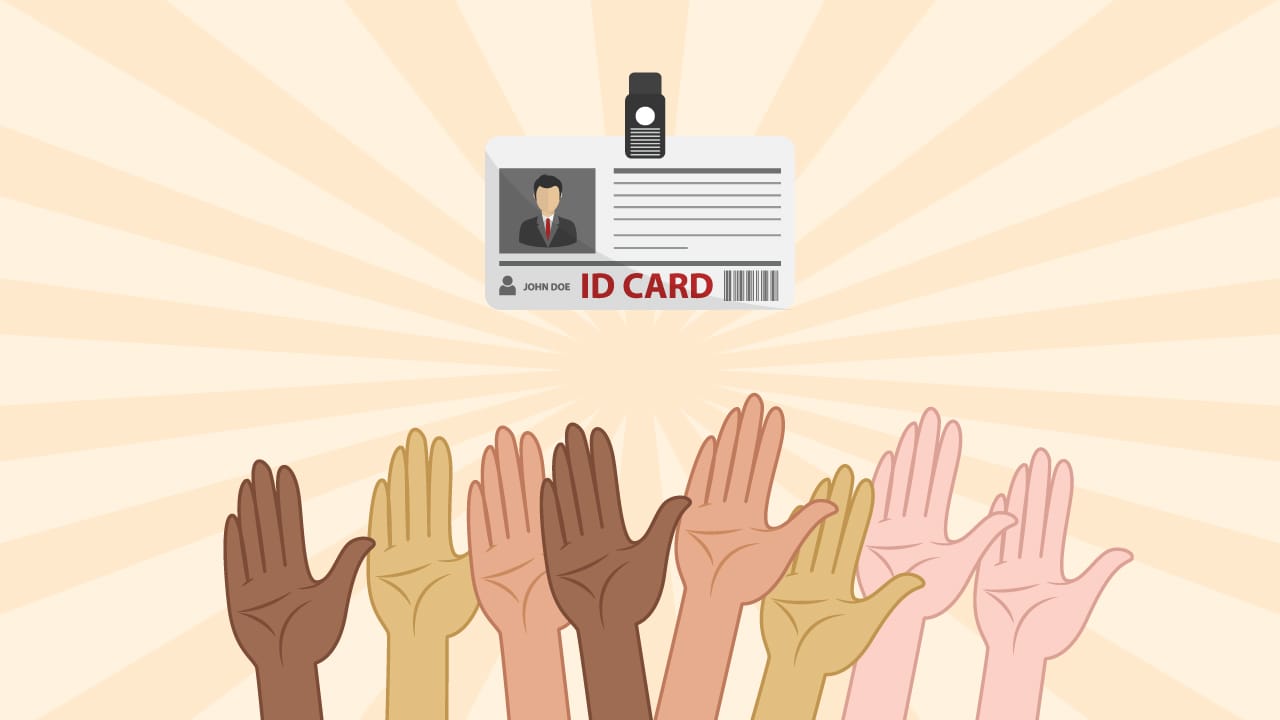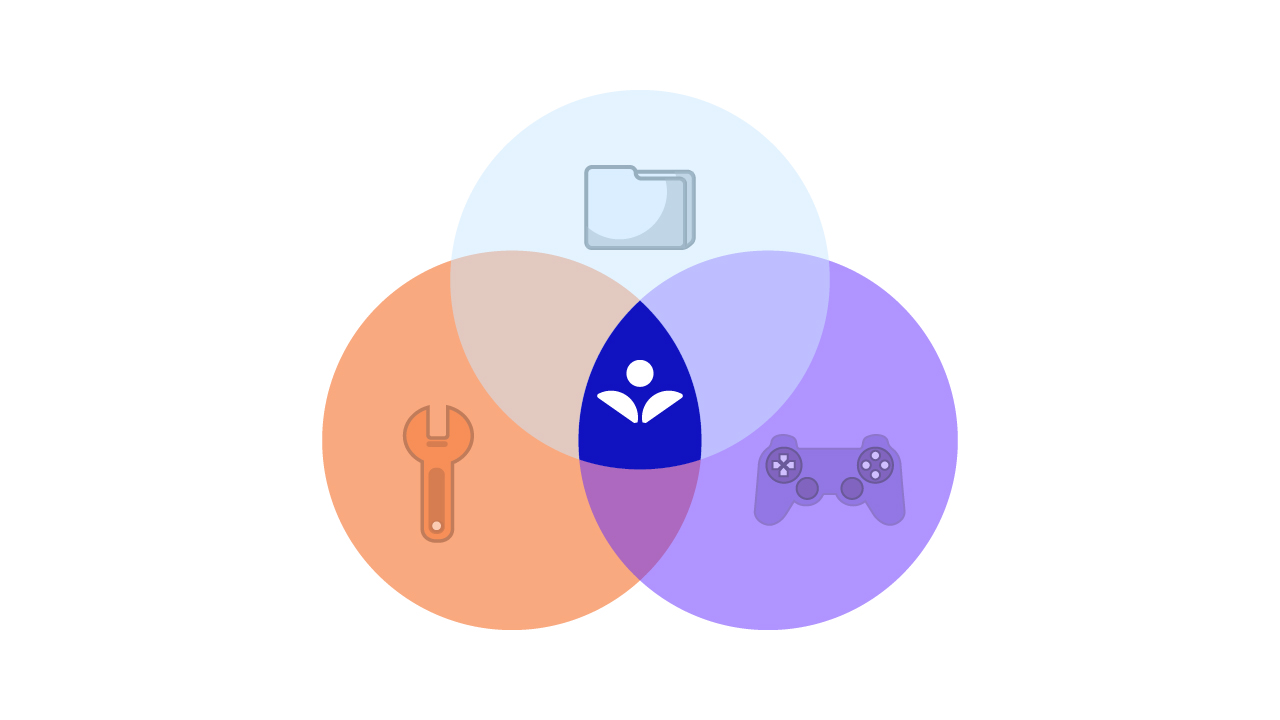Bureaucracy and paperwork II
Have you ever wondered who actually checks those endless forms you filled out while doing any kind of formality or procedure?
I have researched a little as a personal interest and the answer is: no one or just about no one actually looks at them thoroughly. It’s possible that a person with a superior rank or commission have to approve certain procedures taking into account the revisions of the documents we provide.
But, in reality, it is impossible to think that each paper and each piece of information required on them is going to be thoroughly checked by a human being. These are the footprints that bureaucracy leaves behind.

Remember how many times you have filled out huge forms just to get access to a service? Think applications for visas, opening a bank account or even registering at a school.
In many other times when I have asked about this the answer is that this paperwork is necessary for the institutions. It contributes to to leave a legal document as evidence of the approval or denial of the service. Nevertheless, I would dare say that only some of that data will actually affect the Final outcome of the procedure.
Wouldn’t it be better to have a global system that allows the verification of our data with just a few clicks and thus being able to take decisions in one simple step?
Paperwork and procedure delays
Studies reveal that less than half of the procedures are resolved in just one interaction with the public entity or institution. More than 25% of those require 3 interactions or more. This of course, generates great costs when accessing some basic services. Among those services we have: education, health, taxes, obtaining a birth certificate, school inscription or checking into a health facility.
These same studies show that digital procedures take up to 74% less time than their homologous with the consequently waste of resources and time for the people and institutions involved. Yes, the use of right technologies makes the bureaucracy decrease!
In the under-developed countries, the word “procedure” is synonym of “headache”, because public and private institutions are not coordinated and linked between them. They ask for the exact same documents everywhere and they are still working with paper files. So then they are more worried about the bureaucratic normative than to actually attend the people’s real needs.
There are multiple publications about this, such as the World Bank’s and the Interamerican Development Bank’s (IDB). In countries that are part of the Organization for Economic Cooperation and Development (OECD)-mostly developed countries- people spend a lot of time in procedures just to pay taxes which is equal to 117 hours per year. While in Latin America and the Caribbean they spend 361 hours doing the same.
The story of Domitila Murillo
A 70-year old Bolivian citizen called Domitila Murillo, spent 11 months renovating her ID. Her case was the winner of the contest “The worst procedure of my life”. It started in 2011 and promoted by the Ministry of Institutional Transparency and Fight Against Corruption in that country.
To gather all the documents that she needed she had to travel 900 km. She traveled between different cities, visit many places with long queues and had to leave some procedures unfinished because she was missing a stamp or paper or just simply because when it was finally her turn they would say “come back tomorrow”. According to the story, she even had to pay on the side to move the process along. The biggest paradox is that Murillo finally got her ID and two weeks later she passed away.
This fatidic experience of Domitila Murillo appears in the book of El fin del trámite eterno: ciudadanos, burocracia y gobierno digital (The book of endless procedures: citizens, bureaucracy and digital governance), published by the IDB in April 2018.
Europe, the GDPR and digital procedures
Generally, Europe offers the best results when it comes to this topic. In many countries, the procedures become faster when introducing digital technologies. In this region the very much discussed GDPR has emerged. This, far from creating chaos in the management of procedures, tries to facilitate people’s lives inside a logical framework.
This Regulation allows citizens of the European Union to better control their personal data. The same way it modernizes and unifies laws to reduce bureaucracy. This way it benefits from the trust of consumers.
The GDPR reinforces the existing rights and offers citizens more control over their personal data. This includes the mandatory easier access to their personal data. This normative also provides more information about how to treat these and guarantee the information available in a clearer and more comprehensive way.
In addition, the document provides a new right to the bearing the data, which facilitates their transmission among service providers and a clearer right to suppression (<the right to be forgotten>), when the individual doesn’t wish anymore said data to be processed. All this means that when no legitimate reason for keeping the data exists, they must data holders must suppress them.
GDPR regulates a variety of acts relating to data and establishes rules for companies, organizations and institutions of all kinds.
FySelf: Searching for your digital self
Amidst all this environment FySelf comes along, inspired in the new laws and regulations that Europe promotes and that are extending to many other countries. FySelf aims to help in the ease of people’s lives and make institutions’ and organizations’ work lighter.
This blog tries to help build knowledge and awareness on digital identity; topic that hasn’t been treated as it should even though we are in the digital era. This identity must be used in a more convenient way, preferably in benefit of each human being. Its main goal should always be to satisfy their needs.
The digitization of all types of procedures is a must in our modern times. Putting technology at everyone’s reach is essential for humanity.
Find Your Digital Self understands that you have a Digital You and if you don’t have it yet..create it and put it to work in your own benefit. Join FySelf, we will lead you in this journey
Artículos relacionados


